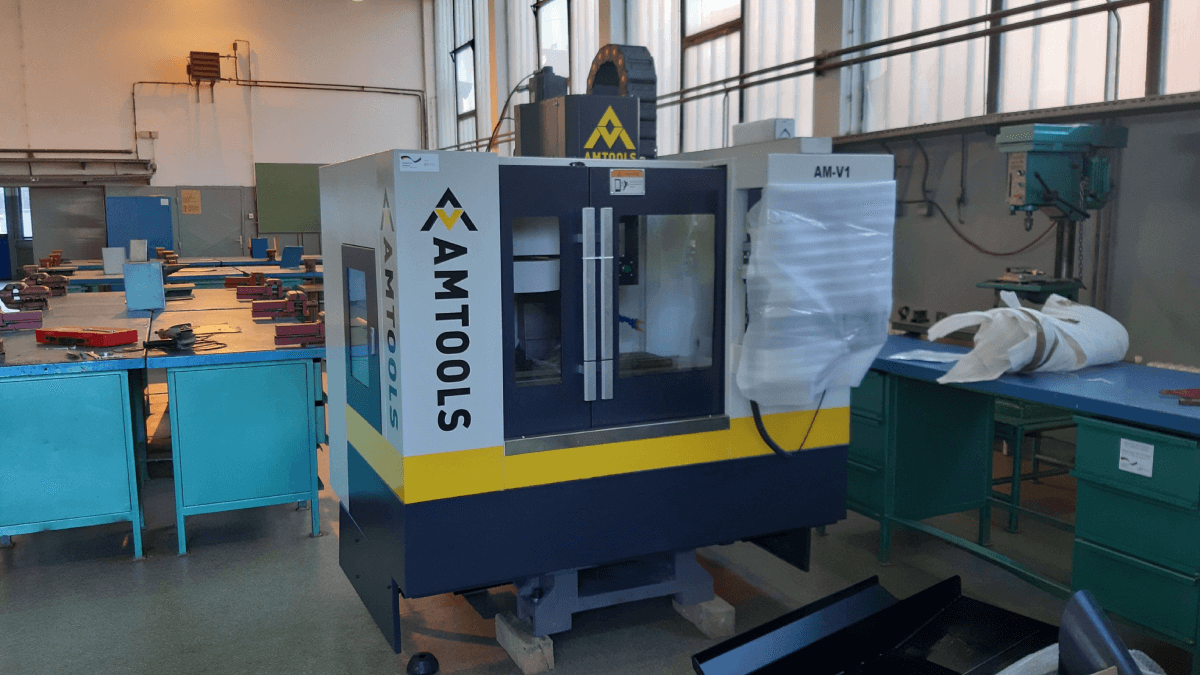As part of the German Development Cooperation project Dialogue on Youth Employment, Initiatives and Dual Education (DECIDE), equipment was provided for five secondary vocational schools in order to improve the conditions for theoretical and practical teaching and informal training for the unemployed. The schools participating in the project and which received the equipment are located in Subotica, Obrenovac, Kragujevac, Vlasotince and Niš, and the equipment was assigned to them on the basis of a list of priorities formed by the schools in accordance with their needs and the education they offer.
Equipping classrooms and school workshops makes it possible for classes and training courses to be optimally carried out using modern tools, devices and machines. The schools covered by the DECIDE project educate students of mechanical engineering, electrical engineering and textiles, and CNC machines, welding equipment, mechatronics kits, electrical and IT equipment were purchased. The total value of the equipment per school is 50,000 euros, and it was delivered to the project schools in the period from August to November.
Siniša Kojić, director of the secondary vocational school in Kragujevac, pointed out that the equipment that his school received through the DECIDE project has significantly contributed to improving the quality of teaching of formal, dual and adult education.
“This enables the school’s technical progress, and that is of key importance, because the nature of the school is such that the quality of teaching is closely related to the level of its equipment. Anything that can contribute to the improvement of education is important and welcome. The thoroughness and quality of this project is reflected, among other things, in a highly responsible social awareness, so the project has provided us with a means to combat the epidemic.”
Thanks to the DECIDE project, schools will also receive professional development of management and teaching staff to improve their educational offer through formal and non-formal education. According to the head of the project team at GIZ, Ivan Stojanović, one of the goals is to equip schools with modern tools and machines to create conditions for acquiring qualifications in accordance with the needs of the labour market, but also with the needs of potential students, young people from 15 to 35 years.
“Through this project, we will continuously work on strengthening the capacity of schools so that they are ready to take an active role in the dialogue of relevant actors at the local level in order to maximize the employment of young people”, says Stojanović.
The DECIDE project has been implemented since January 2020, as a continuation of the projects Reform of Secondary Vocational Education and Encouraging Youth Employment. The new project, implemented by GIZ in cooperation with the Ministry of Education, Science and Technological Development of the Republic of Serbia, seeks to ensure the sustainability of the results achieved through the previous two projects, especially in the field of further development of dual education, non-formal training and local dialogue on youth employment. The focus is on supporting selected schools to grow into regional centres of competence, able to respond quickly and appropriately to the demands of local labour markets.


